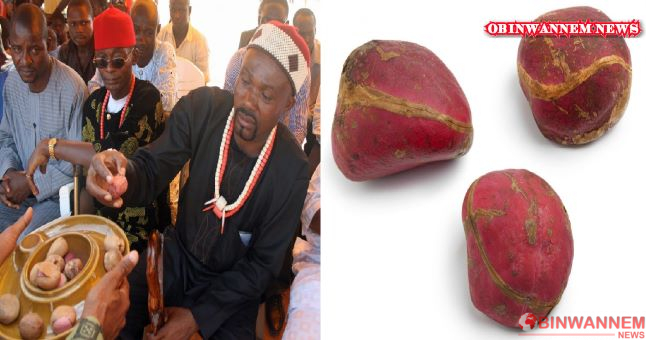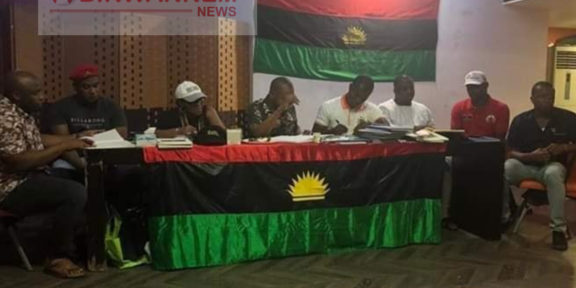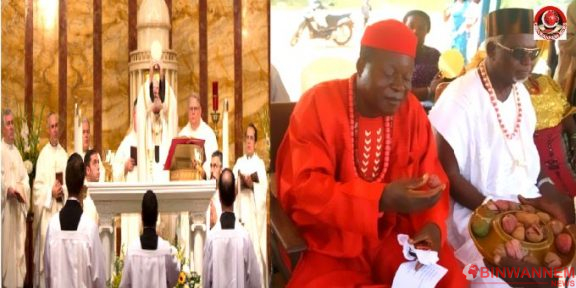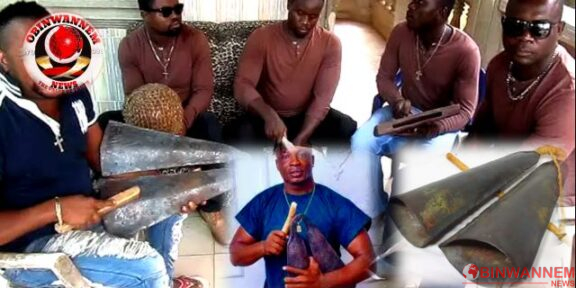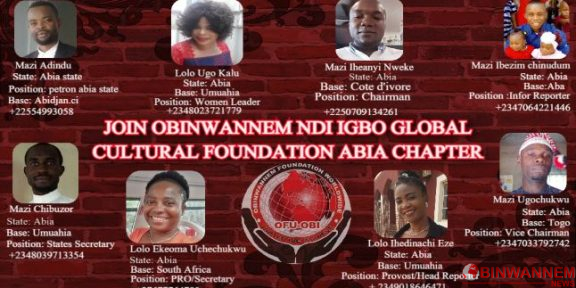There is always a symbol of identification which depicts homogeneity in every human culture. That is a clear definition of “Nkụ dị na mba, na-eghere mba nri”. This literally means, “the firewood in one’s community is enough to cook for them”. Nonetheless, in actual sense, it means that “a peoples’ culture sustains them”.
The kolanut has a distinct value in the Igbo lives and culture. What Quran is to the Muslims, what the Bible is to the Christians, what ‘Tea’ is to the Chinese, is the same way what the kolanut is to the Igbo people.
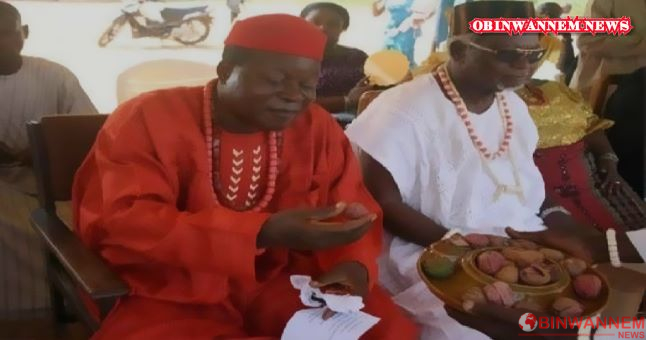
Kolanut has a great significance in the lives, ceremonies, rituals and culture of the Igbo people. There is always the presence of kolanut amid every important function; be it traditional marriage ceremony, settlement of family disputes, or making agreements.
According to the Ministry of Education and Cultural Information Enugu division pamphlet (GPE1443/76/177/5000) which explains the brief history of the kolanut; it states, “when our founding Fathers visited Chukwu-okike in heaven, upon chukwu’s invitation, Chukwu asked them to choose a fruit on their departure. Amongst the fruits in the orchards, our founding fathers chose the kolanut as it was the fruit Chukwu offered as they arrived.
Upon reaching home, it was planted. When it started yielding fruits, our ancestors employed the kolanut as a tool for welcome visitors.
Kolanut is highly revered. it undergoes certain rituals prior to its consumption. When a host presents kolanut to their visitor(s), the latter touches the kolanut, and returns it to the host who has the sole right to break the kolanut.
In Igboland, women are not allowed to break kolanut or make prayers for same. It is reserved for the men only, a boy could present and break kolanut; but not a girl, or a woman.
Offering prayers to Chukwu-Okike is the first step to breaking a kolanut; following auspicious decrees of life and prosperity upon everybody present in the gathering. Then, the kolanut is broken into bits according to the number of people present.
However, it is important to note that kolanut come in different lobes. One-lobed kolanut is considered a bad omen it is called “Ọjị ogbi” (dumb kola nut). Hence, it is not eaten. Similarly, two-lobed kolanut is considered ominous; it is thrown away. Whereas, three-lobed kolanut is called ‘Ọjị Ikenga’. It portrays strength, long-life, wealth, and fruitful procreation.
It is also used in rituals and in praying to gods in an oracle. Four-lobed kola nut is good enough. Most kolanuts come in four lobes. it signifies the four Igbo market days – Eke, Orie, Afor, Nkwo. Six, seven-lobed kolanut is rare; and whenever it appears, it is always celebrated. it signifies fertility, productivity, goodness, and success.
Kolanut is used to make peace between two conflicting parties. It is used to appease the gods; also used in administering oaths.
Kolanut is not just broken in the Igbo culture; it is celebrated, it is honored, and it’s process performed with utmost care and respect, the prayers are done in a special way because it is believed that the gods answers every prayers said during that occasion.
No occasion can begin without kolanut. No peace-keeping starts without kolanut. No marriage event starts without kolanut. No social, or spiritual functions in Igbo tradition is considered complete and meaningful without the presence of the kolanut. It is likened to the celebration of the Catholic mass.
Ifesinachi Nnabugwu reporting, Obinwannem News


